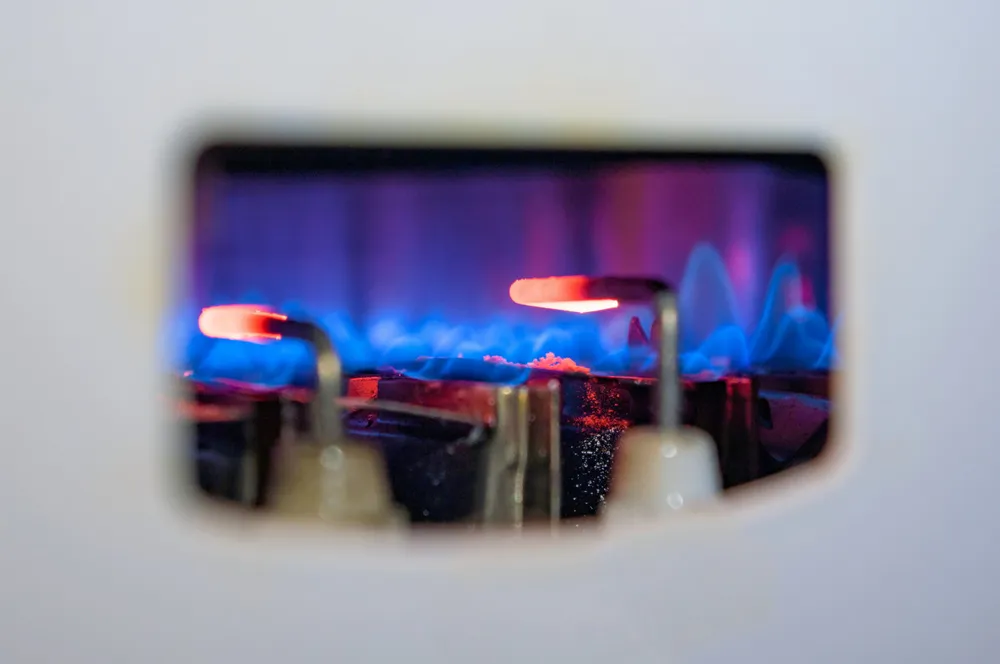'Dead-end climate solution' | US green hydrogen heating proposal slammed in new study
Pressure group says mass use of renewable H2 for heating would 'cannibalise' power needed for grid decarbonisation in Massachusetts

Pressure group says mass use of renewable H2 for heating would 'cannibalise' power needed for grid decarbonisation in Massachusetts
